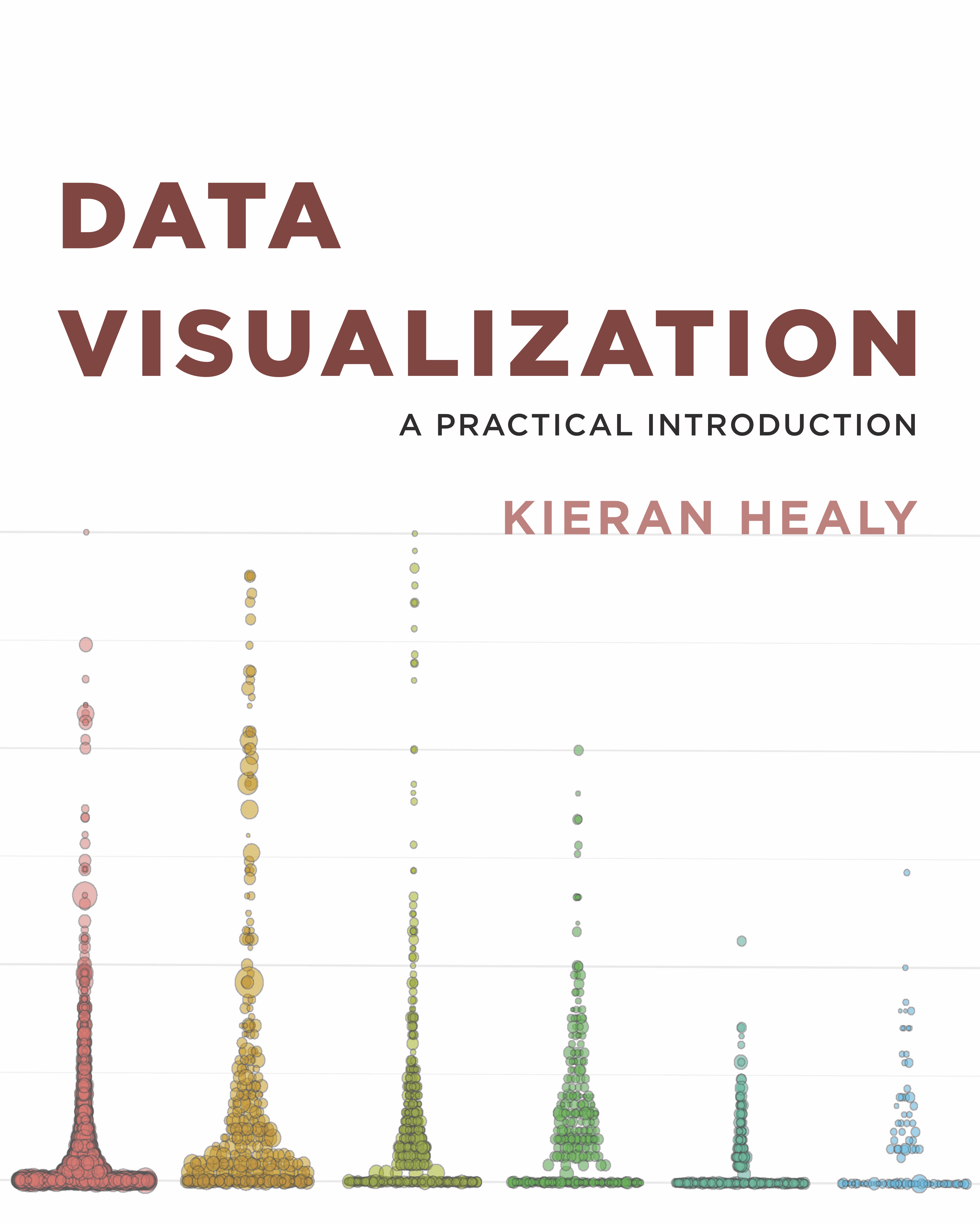https://github.com/kjhealy/socviz
Support files for a data visualization course and book
https://github.com/kjhealy/socviz
Last synced: 19 days ago
JSON representation
Support files for a data visualization course and book
- Host: GitHub
- URL: https://github.com/kjhealy/socviz
- Owner: kjhealy
- License: other
- Created: 2016-12-04T23:29:50.000Z (almost 9 years ago)
- Default Branch: master
- Last Pushed: 2020-07-16T16:01:54.000Z (over 5 years ago)
- Last Synced: 2025-07-07T16:47:16.531Z (4 months ago)
- Language: R
- Homepage: http://kjhealy.github.io/socviz/
- Size: 17.9 MB
- Stars: 194
- Watchers: 14
- Forks: 534
- Open Issues: 4
-
Metadata Files:
- Readme: README.Rmd
- License: LICENSE
Awesome Lists containing this project
- jimsghstars - kjhealy/socviz - Support files for a data visualization course and book (R)
README
---
output: github_document
---
```{r, echo = FALSE}
knitr::opts_chunk$set(
collapse = TRUE,
echo = TRUE,
comment = "#>",
fig.path = "inst/assets/README-"
)
get_badge <- function (pkg, type = c("last-month", "last-week", "grand-total"),
color = "green")
{
type <- match.arg(type)
svg <- paste0("http://cranlogs.r-pkg.org/badges/", type,
"/", pkg, "?color=", color)
url <- paste0("https://cran.r-project.org/package=", pkg)
placeholder <- "CRAN link"
paste0("[](", url, ")")
}
```
# socviz 
[](https://github.com/kjhealy/socviz/actions)
This is an R package of datasets, functions, and course materials to go along with the book _[Data Visualization: A Practical Introduction](https://amzn.to/2vfAixM)_ (Princeton University Press, 2019).

## What's in this Package
The `socviz` package contains about twenty five datasets and a number of utility and convenience functions. Most of them are used in _[Data Visualization: A Practical Introduction](https://amzn.to/2vfAixM)_ (`http://socviz.co`), and there are also a few others as well for self-learners and students to practice their skills on.
A course packet is also included. This is a zipped file containing an [R Studio](http://rstudio.com) project consisting of a nine [R Markdown](http://rmarkdown.rstudio.com) documents that parallel the chapters in the book. They contain the code for almost all the figures in the book (and a few more besides). Some support files are also included, to help demonstrate things like reading in your own data locally in R.
## Installation
To install the package, you can follow the instructions in the Preface to the book. Alternatively, first download and install R for [MacOS](https://cran.r-project.org/bin/macosx/), [Windows](https://cran.r-project.org/bin/windows/) or [Linux](https://cran.r-project.org/bin/linux/), as appropriate. Then download and install [RStudio](http://rstudio.com/download/). Launch RStudio and then type the following code at the Console prompt (`> `), hitting return at the end of each line:
```{r, eval = FALSE}
my_packages <- c("tidyverse", "fs", "devtools")
install.packages(my_packages)
install.packages("socviz")
```
To install the development version of `socviz`, instead of `install.packages("socviz")` do the following:
```{r, eval = FALSE}
devtools::install_github("kjhealy/socviz")
```
Once everything has downloaded and been installed (which may take a little while), load the `socviz` package:
```{r, eval = FALSE}
library(socviz)
```
## The Course Packet
The supporting materials are contained in a compressed `.zip` file. To extract them to your Desktop, make sure the `socviz` package is loaded as described above. Then do something like this:
```{r, eval = FALSE}
setup_course_notes(folder = "~/Desktop")
```
You can choose the destination folder, but you must supply one. Here, the `dataviz_course_notes.zip` file will be copied to your Desktop, and uncompressed there into a folder called `dataviz_course_notes`. Open the folder, and double-click the file named `dataviz.Rproj` to launch the project as a new RStudio session. If you want to uncompress the file somewhere other than your Desktop, e.g. your Documents folder, you can do this:
```{r, eval = FALSE}
setup_course_notes(folder = "~/Documents")
```
## More about the Datasets and Functions
The included datasets and functions are documented at .